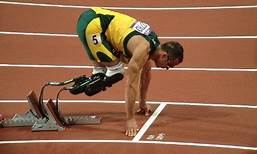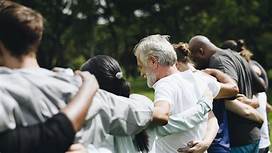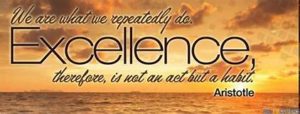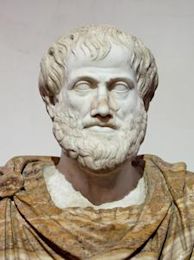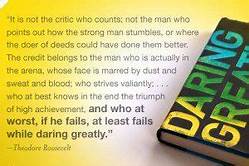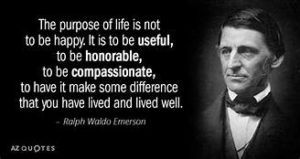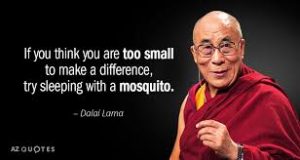 The Law of One, Book 2, has a very insightful metaphor of life being like a poker game. The Questioner asks, “Why must I come into an incarnation and lose conscious memory of what I want to do and then act in a way in which I hope to act?”
The Law of One, Book 2, has a very insightful metaphor of life being like a poker game. The Questioner asks, “Why must I come into an incarnation and lose conscious memory of what I want to do and then act in a way in which I hope to act?”
Ra answers, “Let us give the example of a man who sees all the poker hands. He then knows the game. It is but child’s play to gamble, for it is no risk. The other hands are known. The possibilities are known and the hand will be played correctly but with no interest.
Let us re-examine this metaphor and multiply it into the longest poker game you can imagine, a lifetime. The cards are love, dislike, limitation, unhappiness, pleasure, etc. They are dealt and re-dealt and re-dealt continuously. You may, during this incarnation begin–and we stress begin– to know your own cards. You may begin to find the love within you. You may begin to balance your pleasure, your limitations, etc. However, your only indication of other -selves’ cards is to look into the eyes.
You cannot re member your hand, their hands, perhaps even the rules of this game. This game can only be won by those who lose their cards in the melting influence of love, can only be won by those who lay their pleasures, their limitations, their all upon the table face up and say inwardly: ‘All, all of you players, each other-self, whatever your hand, I love you.’
member your hand, their hands, perhaps even the rules of this game. This game can only be won by those who lose their cards in the melting influence of love, can only be won by those who lay their pleasures, their limitations, their all upon the table face up and say inwardly: ‘All, all of you players, each other-self, whatever your hand, I love you.’
This is the game: to know, to accept, to forgive, to balance, and to open the self in love. This cannot be done without the forgetting, for it would carry no weight in the life of the mind/body/spirit being-ness totality.”
L/L Research, March 17, 1982
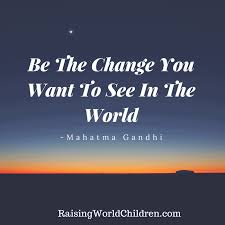








 I count him braver who overcomes his desires than him who conquers his enemies; for the hardest victory is over self.
I count him braver who overcomes his desires than him who conquers his enemies; for the hardest victory is over self.


